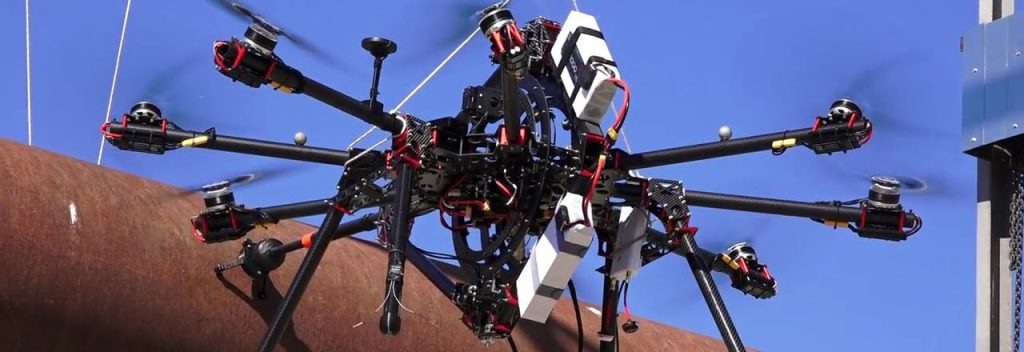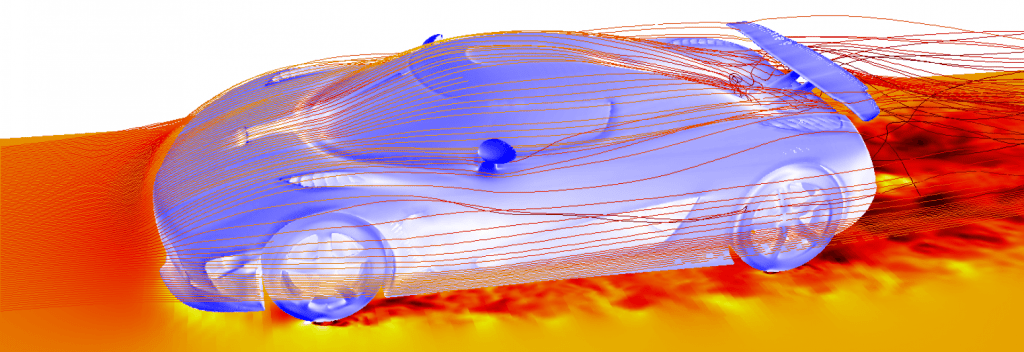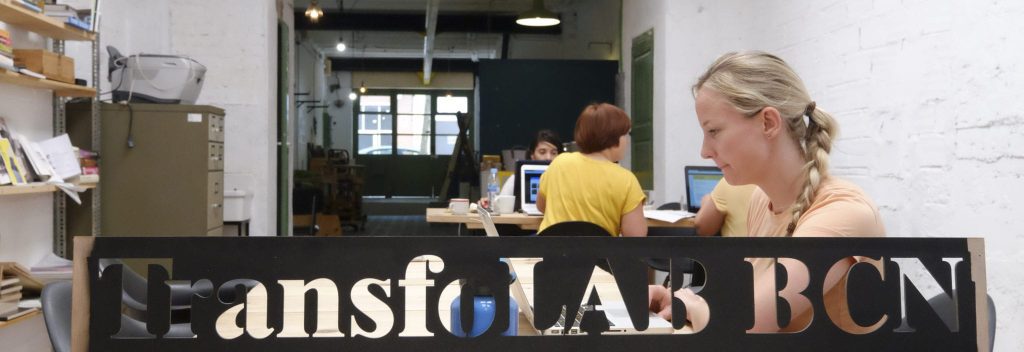In the face of rising political disruption, the European Commission (EC) has in recent weeks redoubled its innovation schedule with new commitments to artificial intelligence (AI), blockchain and digital healthcare applications. Here, we pick five of its best Horizon 2020 projects, covering everything from drone-mounted AI for fault-checking industrial pipelines to blockchain for citizen-centric smart city apps.
AEROARMS | DRONE AI FOR FAULT-CHECKING INDUSTRIAL PIPELINES

Aeroarms could save oil or gas refineries up to €700,000 annually in inspection costs, reckons the EC. The €5.7 million project is working to build semi-autonomous drones, or multi-armed ‘aerial robotics systems’, to transport instruments to carry out checks on industrial pipelines. Such checks have until now been done by humans, at some cost, in terms of time, money and risk.
The EC is seeking to automate these manual processes, and has stumped up about 80 per cent of the funds, or €4.72m through its Horizon 2020 research and innovation programme. The four-year development project runs to May 2019; it is being led by Spain, with support from Germany, France, Italy, Spain and Switzerland.
Together, these countries will build robot-drones that can navigate confined spaces and use one arm to hold on to the object they are inspecting and another arm to inspect the object in a precise way, likely with a handheld video camera. Researchers are looking to install additional sensors around pipelines to also detect problems with components, and use Europe’s scientific expertise with artificial intelligence to further augment the solution.
FORTISSIMO | CENTRALISED HPC FOR PRE-PAY INDUSTRIAL MODELLING

This €26 million project has created a centralised pay-as-you-go market for industrial applications for European manufacturing and engineering firms. The Fortissimo working group – standing for ‘factories of the future resources, technology, infrastructure and services for simulation and modelling’ – has enabled high performance computing (HPC) in the cloud, and attached a market place on top that houses compute-hungry simulation tools.
Small and medium-sized enterprises (SMEs) often struggle to afford access to HPC-based simulation programmes, which show how prototypes might function in the real-world scenarios. The EC gives the example of computer modeling of the thermodynamic properties of hazardous materials or aircraft behaviour in flight. “These simulations demand enormous computing power and specialised software tools and services, which may not be affordable for SMEs.
The marketplace is designed for SMEs in the automotive, aerospace, construction, energy, maritime, metal processing, oil and gas, pharmaceuticals, biotech and plastics industries. The five-year project, involving 123 partners in 14 countries, finishes this year. Its funding has been split between the EC innovation schemes: €16 million came from its Seventh Framework Programme (FP7), which ran to 2013, and €10 million has come from its successor, Horizon 2020, which finishes in 2020.
DECODE | BLOCKCHAIN FOR CITIZEN-CENTRIC SMART-CITY APPS

The ‘internet of things’ (IoT) landscape is fragmented. The interoperability of IoT solutions is poor, with many bound to proprietary or legacy devices, gateways and platforms. This fragmentation makes data unmanageable, and means end-users, already paranoid about large corporations’ access to their personal information, lose sight and control of it. DECODE uses blockchain technology to create tools to give people ownership of the data they generate.
The €5 million project, entirely funded by Horizon 2020, makes use of blockchain-based ledger system to give people secure control over how they store, manage and use the data they create online. It allows them to actively choose to share their data with enterprises, charities, cooperatives, and cities, which can use it to build community-focused apps and services. Four pilot projects are being developed, in Amsterdam and Barcelona.
Amsterdam is developing pilots for a new register of information about short-term holiday rentals that will make it easier to see if flats are being rented out legally, and a digital platform that shares opportunities to exchange projects and services. The Barcelona projects are seeking to find ways to bring together citizen data from different sources, and to encourage citizens to deploy sensors to generate noise pollution data for the city council. Spain is leading the project, which runs until 2019, with support from France, Italy, the Netherlands, Sweden and the UK.
BISON | BIG DATA ANALYTICS FOR SMARTER CONTACT CENTRES

Contact centres are a standard feature of modern business. In Europe, there are 35,000 of them, supporting 3.2 million jobs – about one per cent of the entire EU population. The data they gather has been managed and mined by humans until now.
The €4.1 million BISON project, which has just completed its three-year development phase, is set to deliver a series of speech recognition-and-response applications for contact centres in Europe. The technology processes key words in speech and extracts insights from calls to issue feedback to staff to make call times shorter and customers happier. An important feature is the automatic anonymisation of recordings, in line with the EU’s new general data protection regulation (GDPR). It also detects frauds, according to its authors.
The BISON consortium brings together eight players, including the speech tech team at Czech firm Phonexia, the data mining team at Spain-based Telefónica, and the hardware and software integration team at contact centre specialist MyForce. The University of Bologna is advising on regulatory and legal aspects. As per the nationality of its partners, the Czech Republic is leading the project, with Belgium, Luxembourg, Italy and Spain in support. The EC provided about three quarters, or €3.1 million, of the total funds through its Horizon 2020 programme.
PREDICTND | MACHINE INTELLIGENCE FOR PREDICTING DEMENTIA

Ageing is a major challenge for society. Neurodegenerative diseases (ND) are a growing health problem taking extensive toll on societies. The cost of dementia alone is roughly equivalent to one per cent of the global GDP. The number of dementia cases is expected to increase three-fold by 2050. The EC has ploughed €4.2 million into a four-year project, called PredictND, which uses artificial intelligence and machine learning to detect and diagnose ND at an early phase, and delay its progression.
The objective is to lower healthcare costs by 20 per cent within the EU, and give patients an extra year in their homes, before entering care institutions. PredictND reckons hospitals could save €300 per patient by using machine learning and artificial intelligence. The project also uses a sophisticated computer-modelling tool to relate observations about individual patients to a vast dataset of patient profiles. The model can simulate the likely reaction of patients to treatments and interventions.
The PredictND tools have already been made available for clinical use in Europe, before the development phase of the project has even finished. “This means that from now on, it is possible to start measuring concrete cost savings in clinical practice,” say the consortium behind the project. Partners include medical practices and research centres in Finland, which lead the project, as well as Denmark, Luxembourg, Italy, the Netherlands, Sweden, and the UK.

